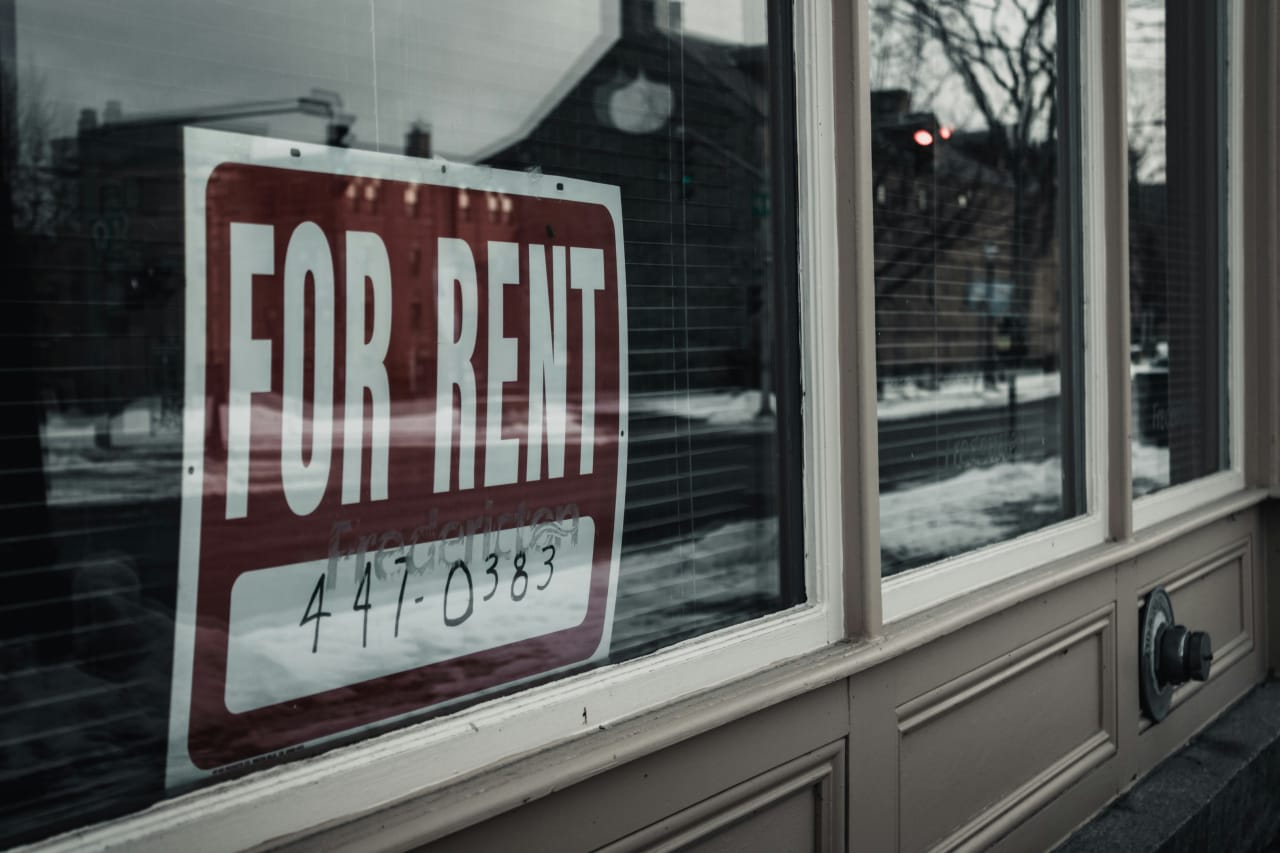In today's digital age, finding the perfect rental property has never been easier, thanks to the plethora of online rental listings and platforms available. However, with this convenience comes the risk of falling victim to rental scams. These scams can not only result in financial loss but also cause significant stress and frustration. Therefore, it's crucial for renters to arm themselves with knowledge and take proactive steps to avoid becoming prey to rental scammers.
Understanding Rental Scams
Rental scams occur when fraudsters impersonate legitimate property owners or managers to deceive potential tenants into paying for a rental property that either doesn't exist or isn't actually available for rent. These scams often involve tactics such as fake rental listings, forged lease agreements, and requests for wire transfers or upfront payments.
Recognizing Common Red Flags

To protect yourself from falling victim to rental scams, it's essential to be vigilant and aware of the warning signs. Some common red flags include:
Requests for Wire Transfers: Be cautious of any landlord or property manager who insists on receiving payment via wire transfer or another untraceable method.
Incomplete Lease Agreements: Legitimate landlords will provide thorough lease agreements outlining the terms and conditions of the rental. Beware of landlords who present incomplete or vague lease documents.
Pressure to Act Quickly: Scammers often create a sense of urgency by pressuring potential tenants to make immediate decisions or payments without allowing time for due diligence.
Unrealistic Rental Prices: If a rental listing advertises a property at a significantly lower price than comparable listings in the area, it could be a sign of a scam.
Refusal to Meet in Person: A legitimate landlord or property manager should be willing to meet in person to show the rental property and discuss leasing terms. Beware of excuses or resistance to meeting face-to-face.
Taking Preventative Measures
Protecting yourself from rental scams requires proactive action and thorough research. Here are some essential steps to safeguard against rental fraud:
Conduct Your Own Research
When it comes to renting a property, knowledge is your best defense against scams. Before even considering a rental property, take the time to research the landlord, property manager, and rental listing. Here's how:
-
Verify Identity and Legitimacy: Start by verifying the identity and legitimacy of the landlord or property manager. Request their full name, contact information, and any professional credentials they may have. Cross-reference this information with online databases or professional organizations.
-
Check Reviews and Ratings: Look for reviews and ratings of the landlord or property management company on reputable websites. Pay attention to any patterns of negative feedback or complaints from previous tenants.
-
Contact Local Authorities: Reach out to local authorities, such as the city's housing department or landlord-tenant association, to inquire about the property's rental history and any potential red flags.
-
Ask for References: Don't hesitate to ask the landlord or property manager for references from previous tenants. Speaking directly with former renters can provide valuable insights into the landlord's reliability and integrity.
Verify the Property in Person
While online listings can provide a convenient way to browse rental properties, nothing beats seeing the property in person. Here's why visiting the property is crucial:
-
Confirm Existence and Condition: Visiting the property allows you to confirm its existence and assess its condition accurately. Look for any signs of neglect or disrepair that may indicate a fraudulent listing.
-
Meet the Landlord or Property Manager: Take the opportunity to meet the landlord or property manager in person. This interaction can help you gauge their professionalism and credibility.
-
Ask Detailed Questions: Use the viewing as an opportunity to ask detailed questions about the property, lease terms, and any other concerns you may have. Legitimate landlords will be transparent and forthcoming with information.
-
Request Additional Documentation: If possible, request additional documentation, such as maintenance records or proof of ownership, to further verify the property's legitimacy.
Use Reputable Rental Listing Platforms
Not all rental listing platforms are created equal. To minimize the risk of encountering fraudulent listings, stick to reputable websites and platforms that prioritize user safety and security. Here's what to look for:
-
Verified Listings: Choose platforms that verify the identity of landlords and screen rental listings for authenticity. Look for platforms that display trust indicators, such as verified badges or user reviews.
-
Secure Payment Options: Opt for platforms that offer secure payment options, such as credit card payments or escrow services. Avoid platforms that require payment via wire transfer or other untraceable methods.
-
Report Suspicious Listings: If you come across a suspicious or fraudulent listing, report it to the platform immediately. Most reputable platforms have mechanisms in place for users to flag and report fraudulent activity.
Perform a Reverse Image Search
Scammers often use stolen photos from legitimate listings to create fake rental ads. Performing a reverse image search can help you identify fraudulent listings and avoid falling victim to scams. Here's how to do it:
-
Save Listing Photos: Save the photos from the rental listing to your device or computer.
-
Use Reverse Image Search Tools: Use reverse image search tools, such as Google Images or TinEye, to search for the photos online. These tools will show you where else the photos appear on the web.
-
Look for Consistency: Compare the photos in the rental listing with the results of the reverse image search. If the same photos appear in multiple unrelated listings, it's likely a scam.
Be Wary of Upfront Payments
One of the most significant red flags in rental scams is the demand for upfront payments before you've had a chance to view the property or sign a lease. Here's how to protect yourself:
-
Understand Payment Expectations: Familiarize yourself with common payment practices for rentals in your area. Legitimate landlords may require a security deposit and possibly first month's rent upfront, but they won't demand payment before you've had a chance to review the lease agreement.
-
Avoid Wire Transfers: Never wire money to a landlord or property manager, especially if you haven't met them in person or viewed the property. Wire transfers are untraceable and offer little to no recourse if you become a victim of fraud.
-
Use Secure Payment Methods: Whenever possible, use secure payment methods such as credit cards or payment platforms that offer buyer protection. These methods provide an added layer of security and recourse in case of fraud.
Trust Your Instincts
When it comes to avoiding rental scams, trusting your instincts is essential. If something feels off or too good to be true, it's better to err on the side of caution. Here are some signs to watch out for:
-
Sense of Urgency: Beware of landlords or property managers who create a sense of urgency or pressure you to make quick decisions or payments without allowing time for due diligence.
-
Unrealistic Rental Prices: If a rental listing advertises a property at a significantly lower price than comparable listings in the area, proceed with caution. Scammers often use enticingly low prices to lure in unsuspecting victims.
-
Refusal to Meet in Person: Legitimate landlords will be willing to meet in person to show the rental property and discuss leasing terms. If a landlord refuses to meet or makes excuses for not being able to meet face-to-face, it could be a sign of a scam.
Reporting Rental Scams
If you believe you've encountered a rental scam or have fallen victim to one, it's crucial to report it to the appropriate authorities. Here's what you can do:
-
File a Report: Contact your local law enforcement agency, the Federal Trade Commission (FTC), or the Internet Crime Complaint Center (IC3) to file a report and seek assistance. Provide as much detail as possible, including any communication with the scammer and evidence of the fraudulent activity.
-
Warn Others: Spread awareness about the rental scam to prevent others from falling victim. Share your experience on social media, review platforms, or community forums to alert potential renters and protect them from similar scams.
Final Thoughts
While rental scams can be pervasive and sophisticated, taking proactive measures to protect yourself can significantly reduce the risk of becoming a victim. By staying informed, conducting thorough research, and trusting your instincts, you can navigate the rental market safely and secure the perfect home for you. Remember, diligence and caution are your best defenses against rental scams.




